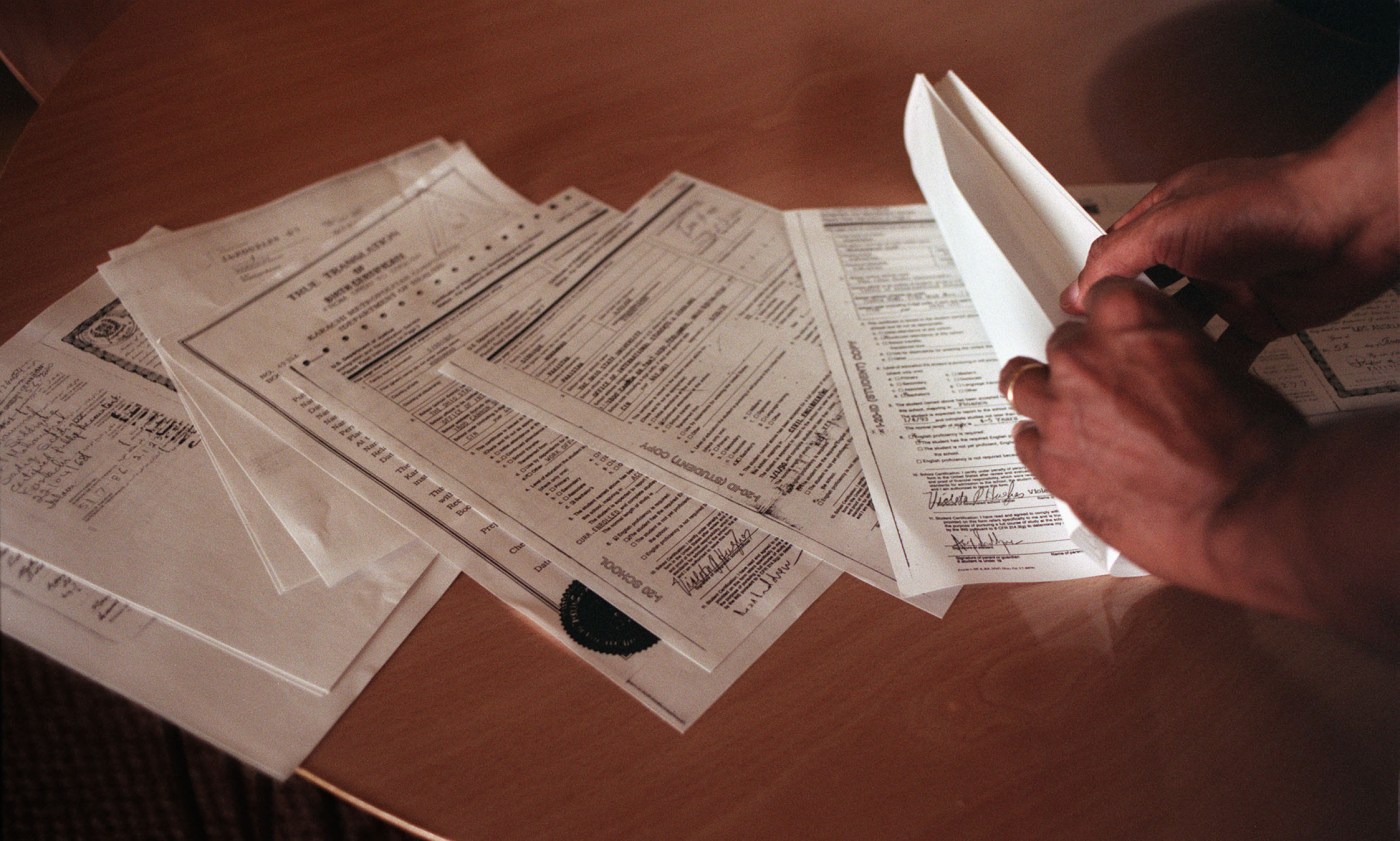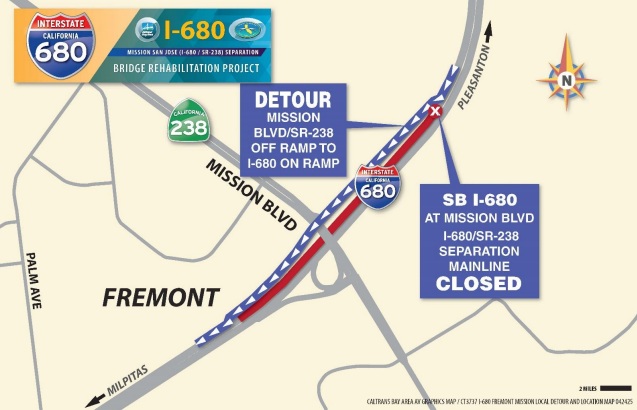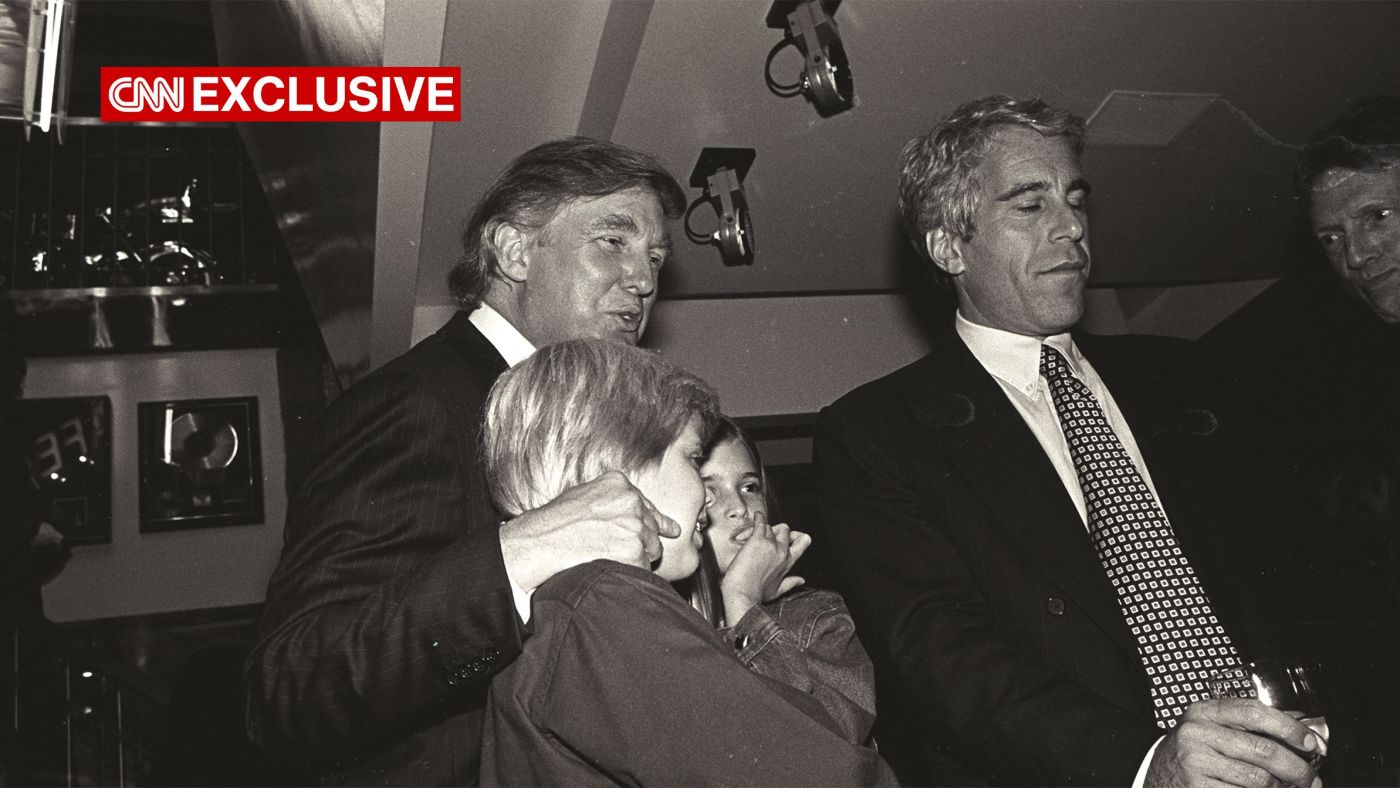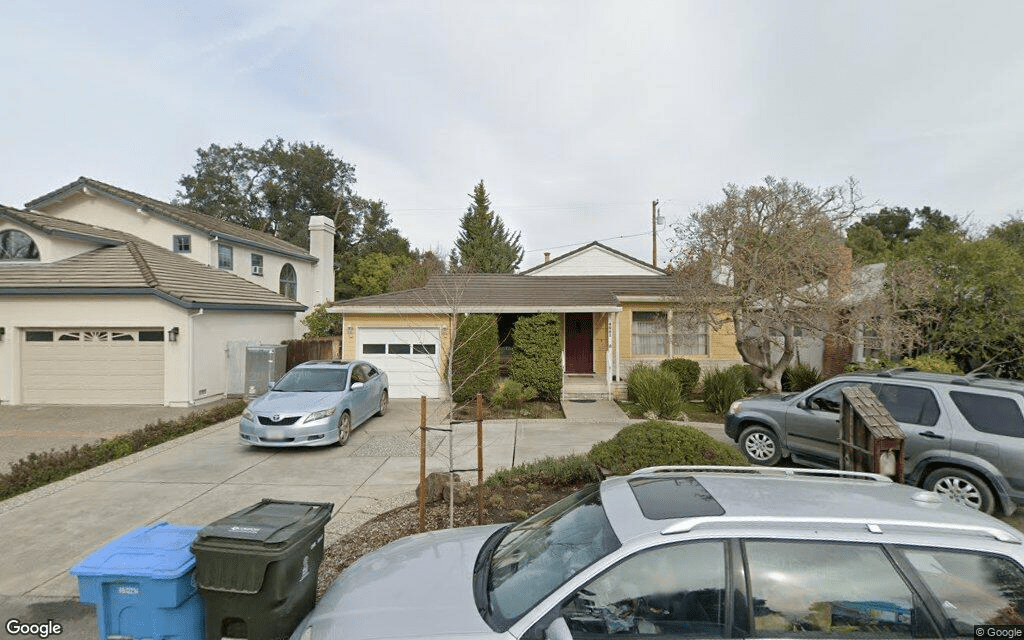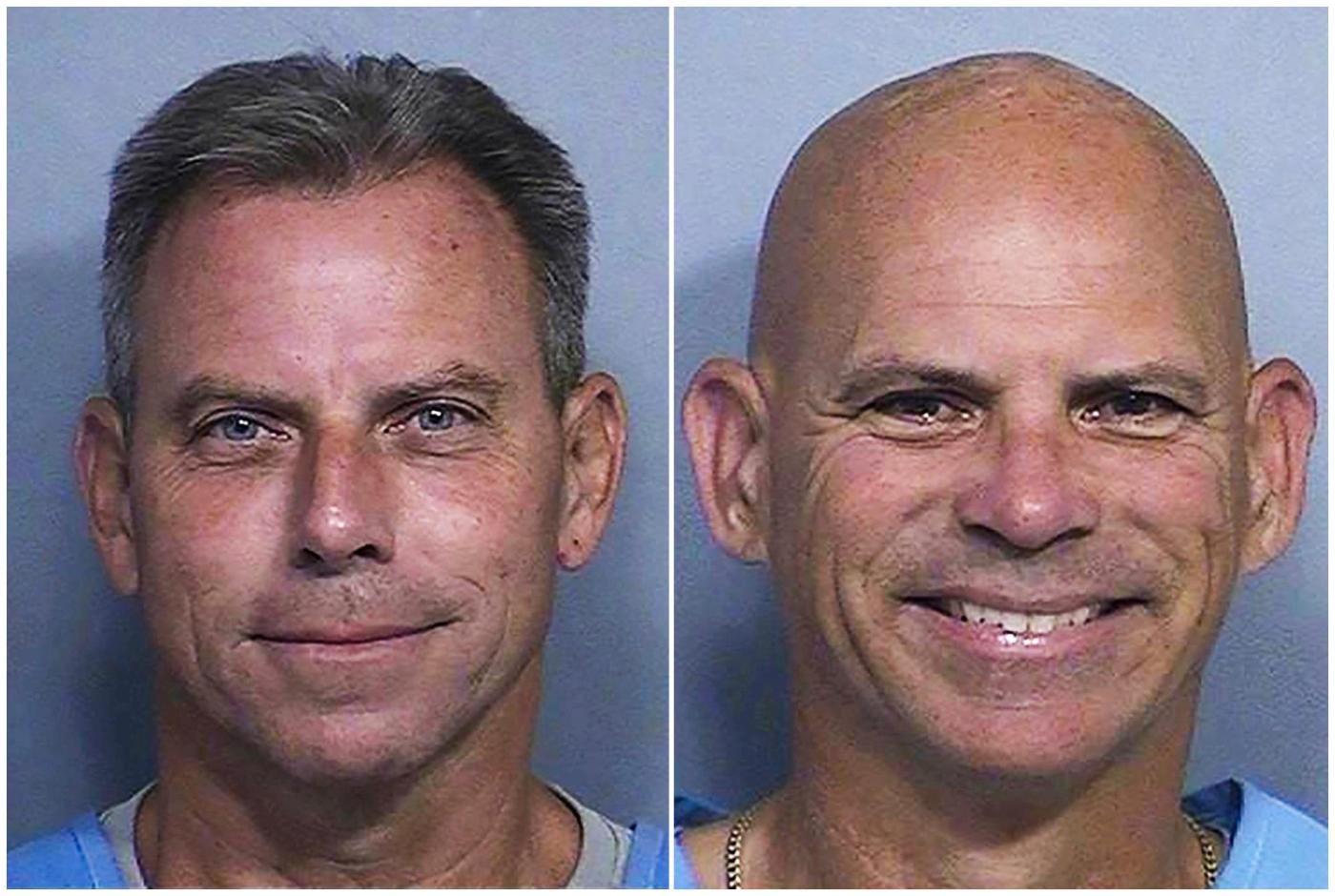The administration of President Donald Trump plans to change the criteria for awarding the controversial H-1B visa, intended for foreign workers with specialized skills, and heavily used by Silicon Valley technology companies. But the nature of the change remains unclear.
U.S. Citizenship and Immigration Services on Thursday notified the federal Office of Management and Budget of a proposed rule involving a “weighted selection process” for the visa. The brief notification did not describe how the selection process would change if the rule were adopted. Citizenship and Immigration Services did not immediately respond to questions.
Under Trump’s first term, federal authorities dramatically boosted scrutiny of H-1B applications, and nearly doubled application denials, to one out of four applications in 2018. At the end of that term, his administration imposed a rule that made allocation of H-1B visas salary based, scrapping the lottery used to award visas. The rule was withdrawn by Trump’s successor, former President Joe Biden.
How long it may take for the rule to take effect is unclear. The proposal is to be reviewed by the Office of Management and Budget, then get sent back to Citizenship and Immigration for publication in the Federal Register, which typically triggers a public-comment period. Finalization would require a review of the comments, submission of a final rule to the budget office, and publication of the final rule in the Federal Register with an implementation date.
Some 600,000 foreign workers hold the H-1B, and each spring, 85,000 new H-1B visas are issued by lottery, most of them going to tech giants and staffing firms. Last year, Google received approval for some 5,300 new and continuing H-1Bs, according to federal government data. Meta received nearly 5,000 approvals, Apple close to 4,000, Intel about 2,500 and Oracle more than 2,000.
While the tech industry pushes to expand the annual cap on new visas, arguing that they need the boost in order to secure the world’s top talent, critics point to data suggesting the visa is widely used to undercut wages, and to cases where H-1B holders replaced U.S. workers.
Related Articles
Melania Trump mocked for getting ‘Einstein visa’ in House hearing
Fremont company accused of employing Chinese workers illegally, discriminating against non-Chinese employees
H-1B visa: East Bay company agrees to fine over alleged discrimination against U.S. workers
The State Department is looking to revoke some Chinese student visas. How many in the Bay Area are at risk?
Long a flashpoint in America’s immigration debates, the H-1B sparked renewed controversy late last year as Trump was preparing to take office. Florida conspiracy theorist Laura Loomer, a high-profile Trump supporter, assailed employment of Indian tech workers in the U.S. High-level public spats and angry punditry ensued, launching the H-1B into a sudden spotlight and exposing schisms over immigration inside Trump’s Make America Great Again movement.
Bay Area venture capitalist and Trump tech adviser David Sacks, along with Trump’s former “government efficiency” adviser Elon Musk and Trump himself all backed the visa. Musk, after blowback from the right wing — including a threat to “rip your face off” by influential former Trump adviser Steve Bannon — said the visa needed fixing. Sacks called for unity and argued against expanding the H-1B program.
Unemployment data for new graduates of U.S. colleges has also upped scrutiny of the H-1B, and criticism by advocates for U.S. workers. The Federal Reserve Bank of New York in February reported unemployment rates of 7.5% for computer engineering graduates and 6.1% for computer science grads.
